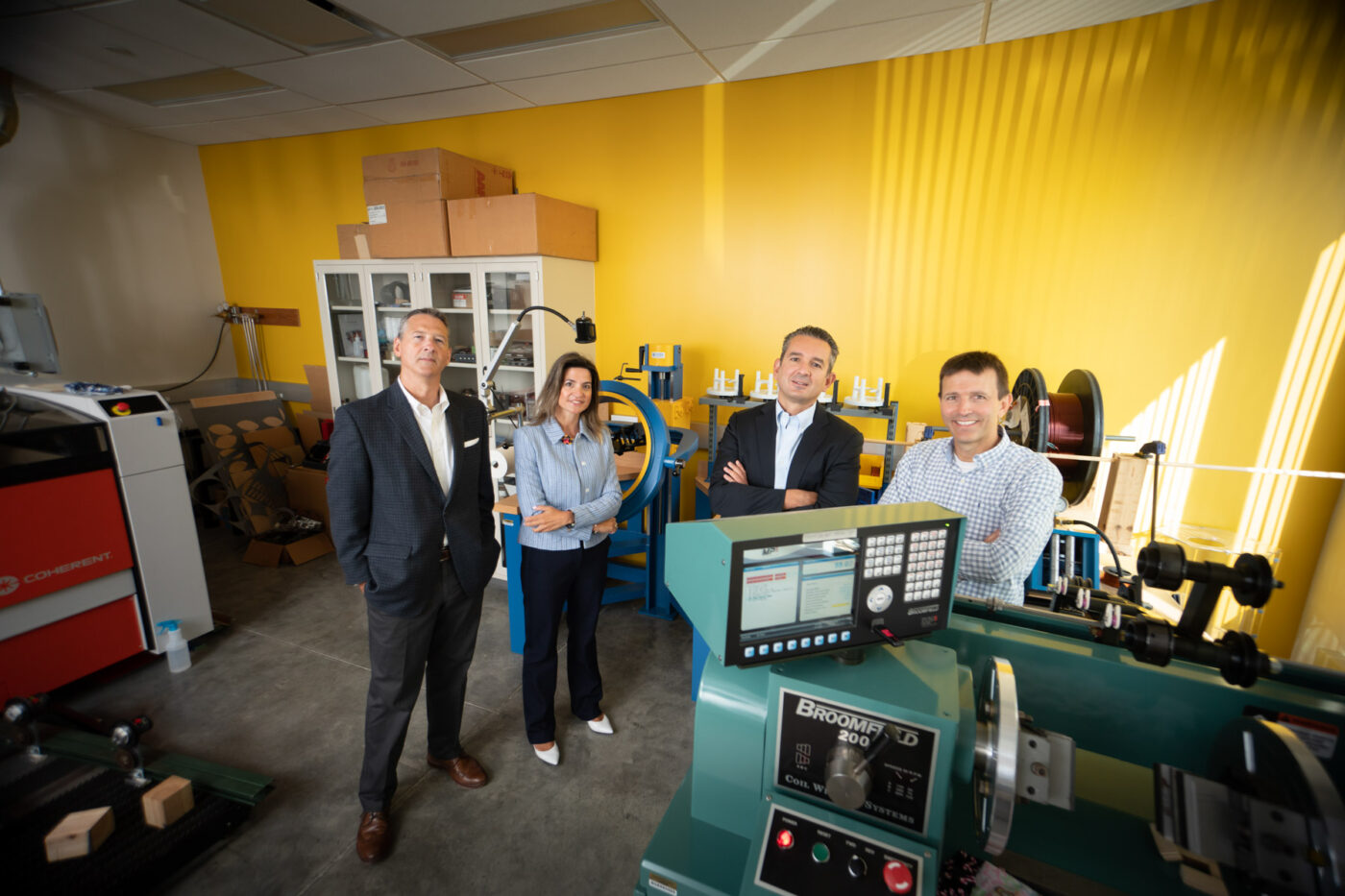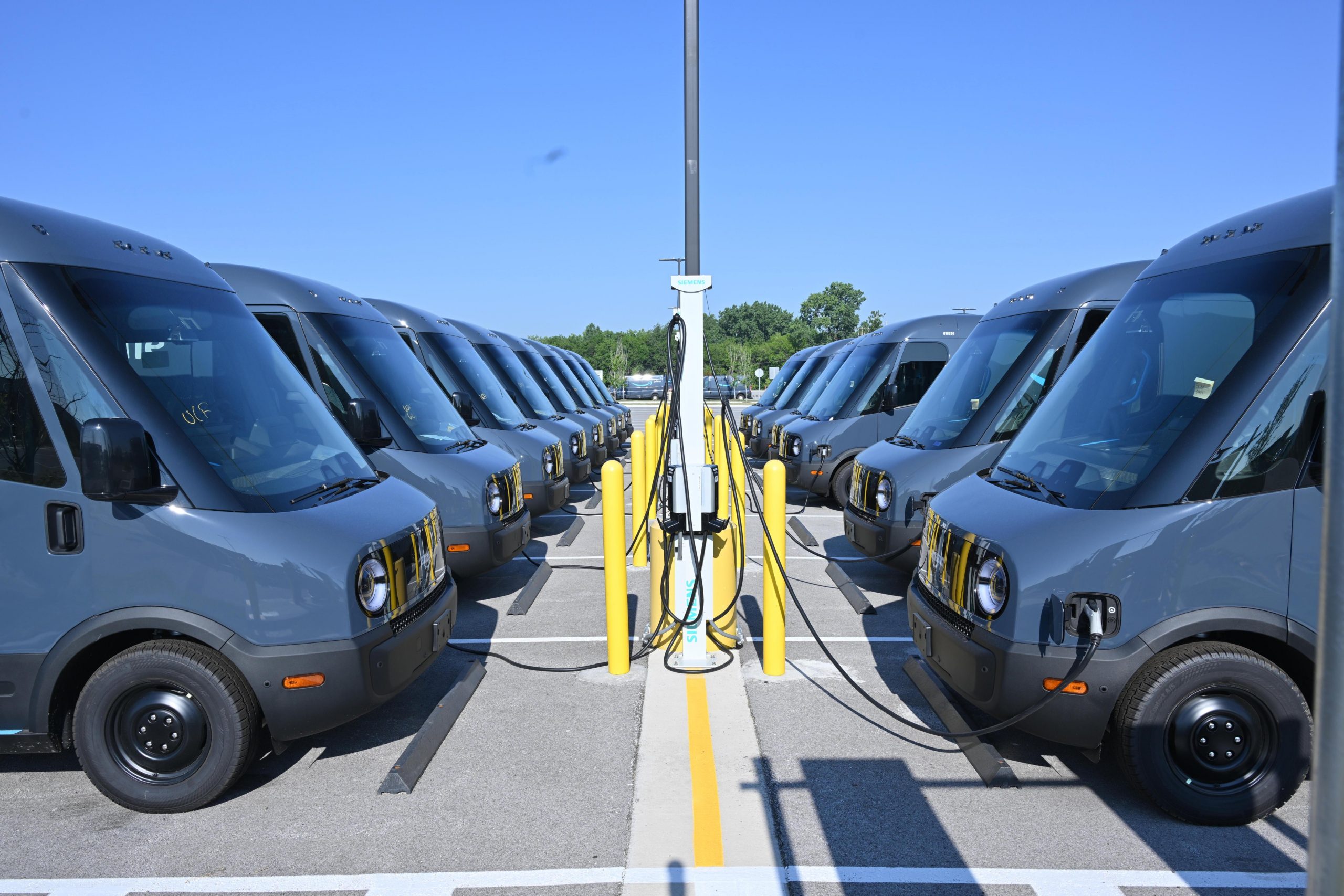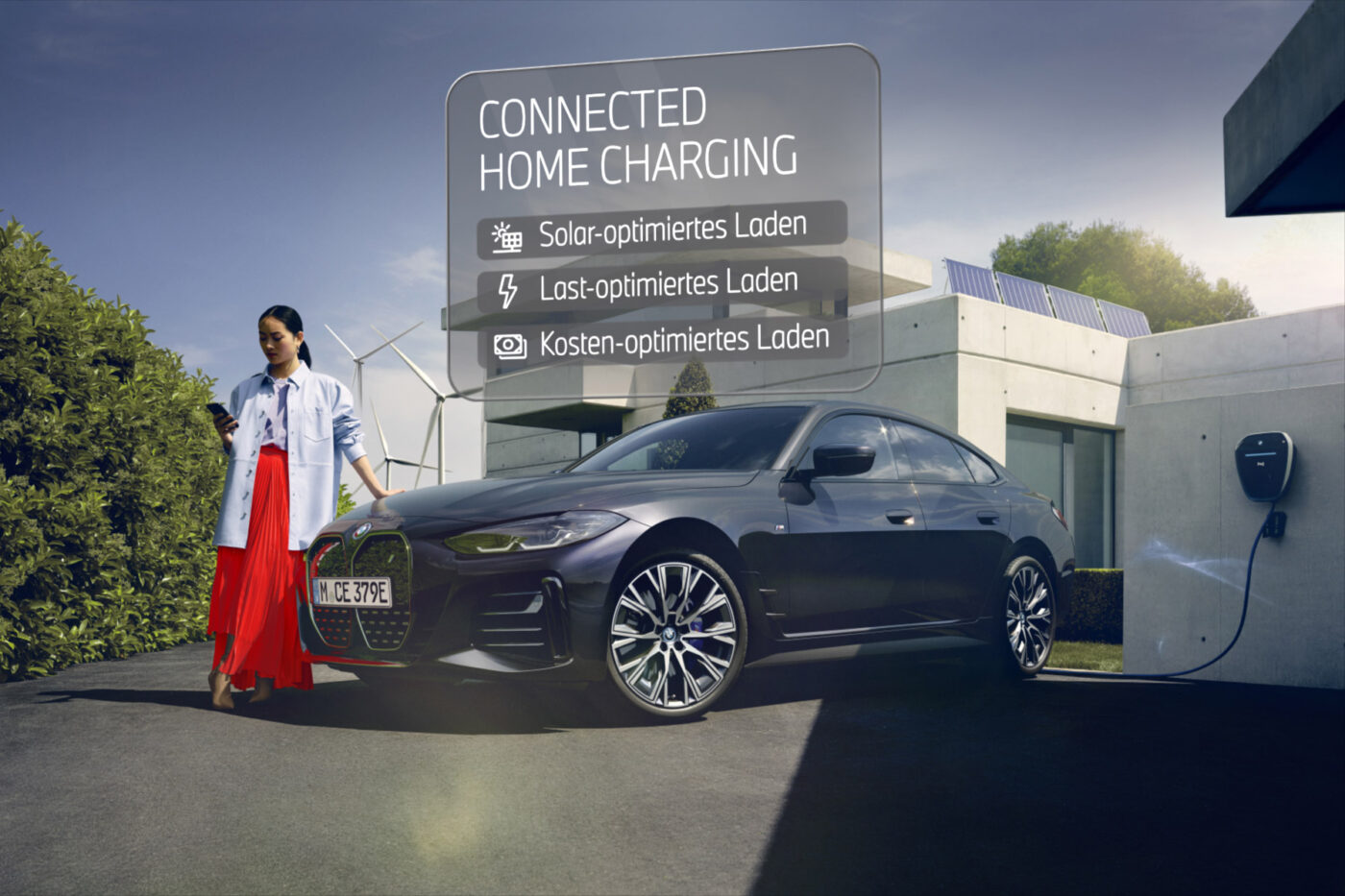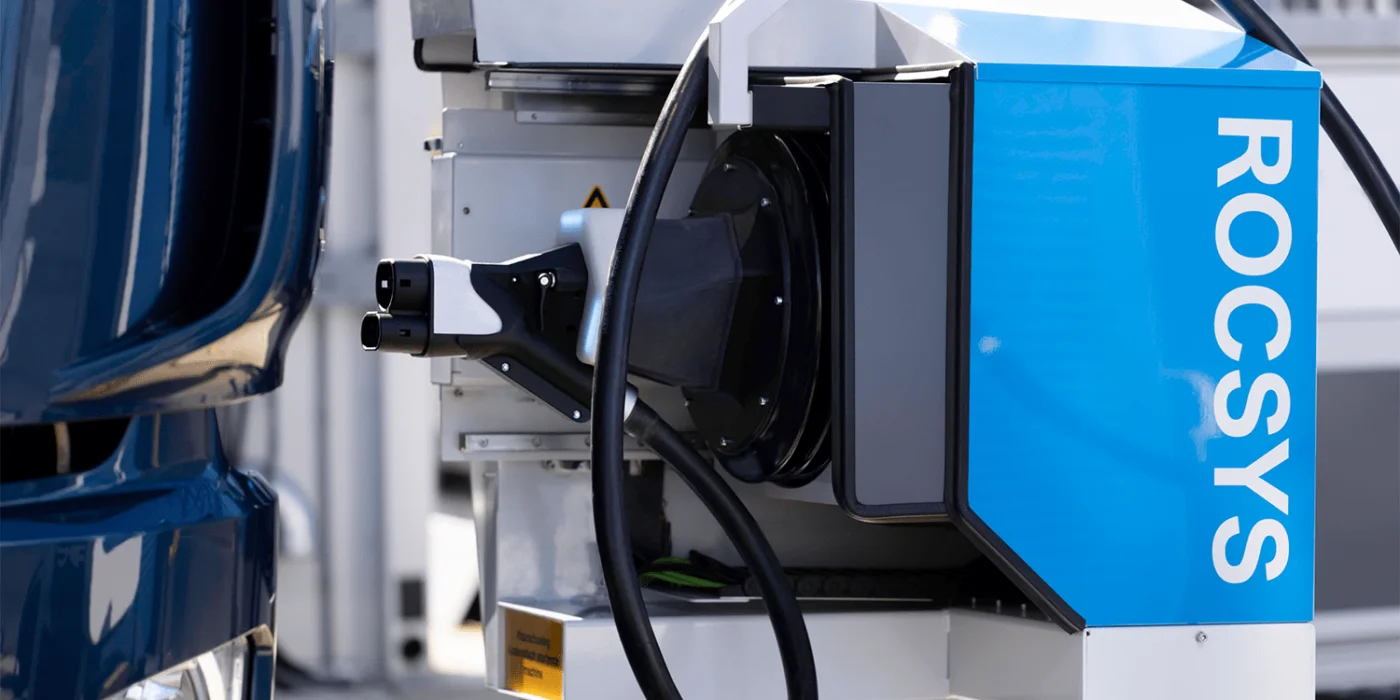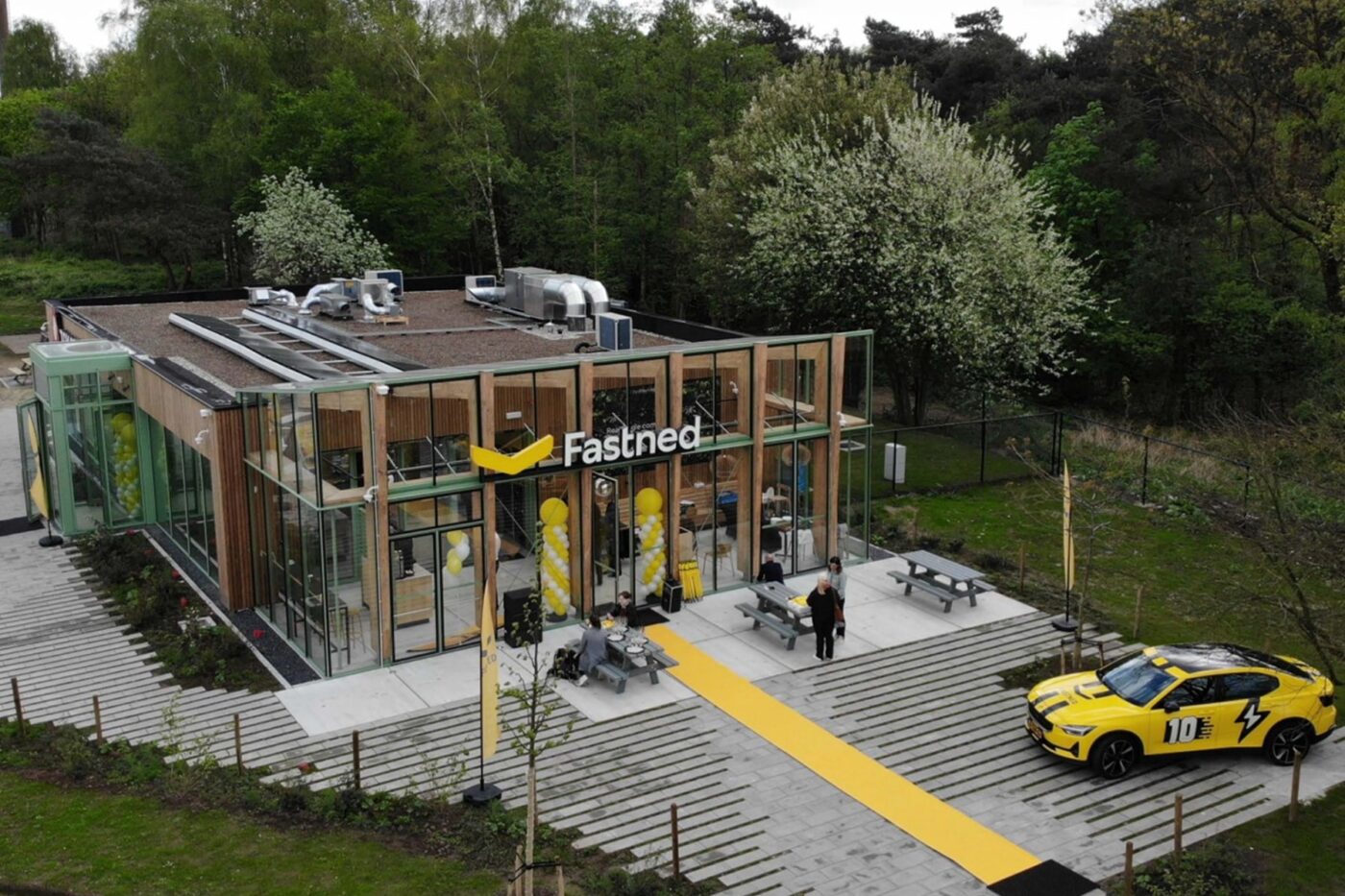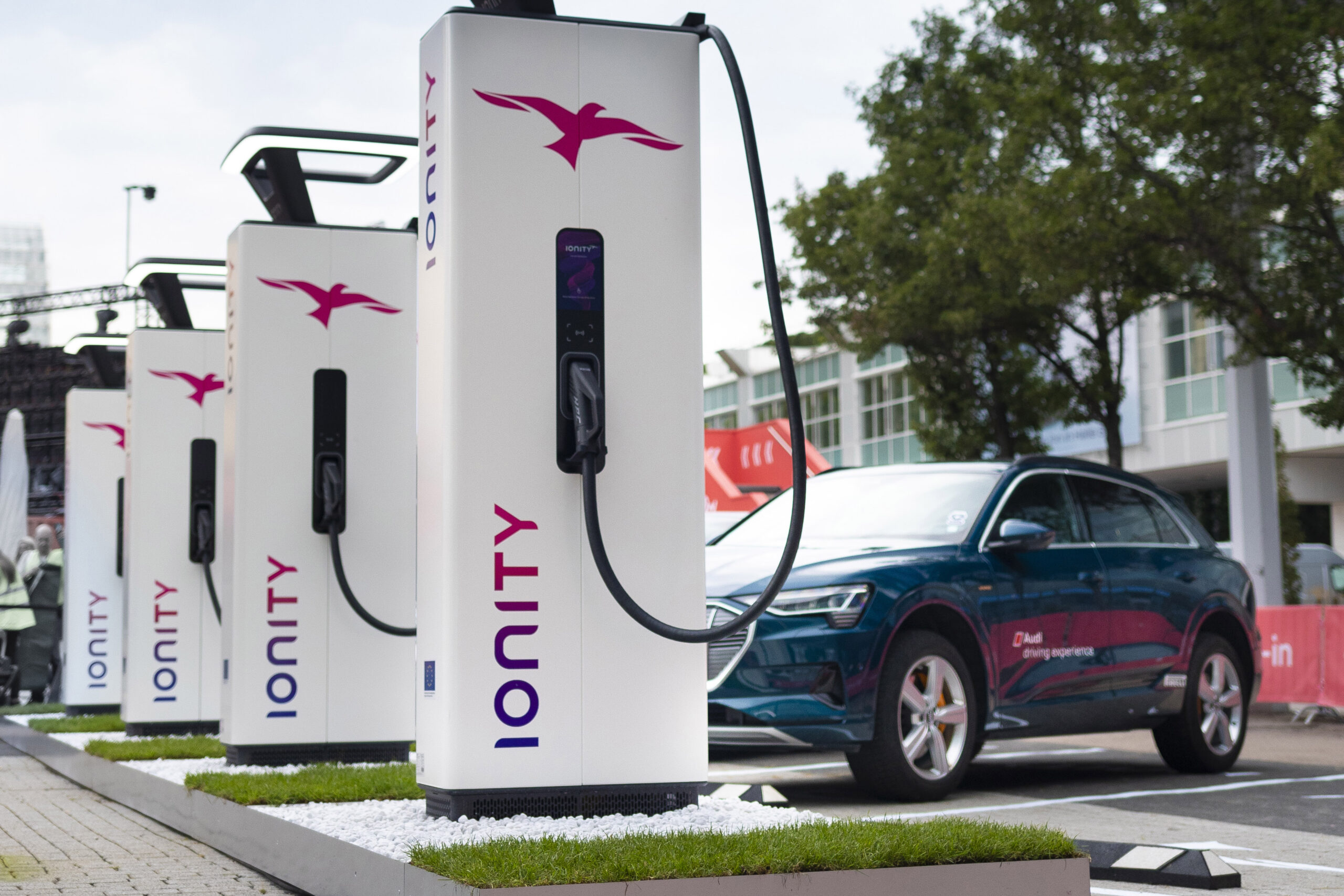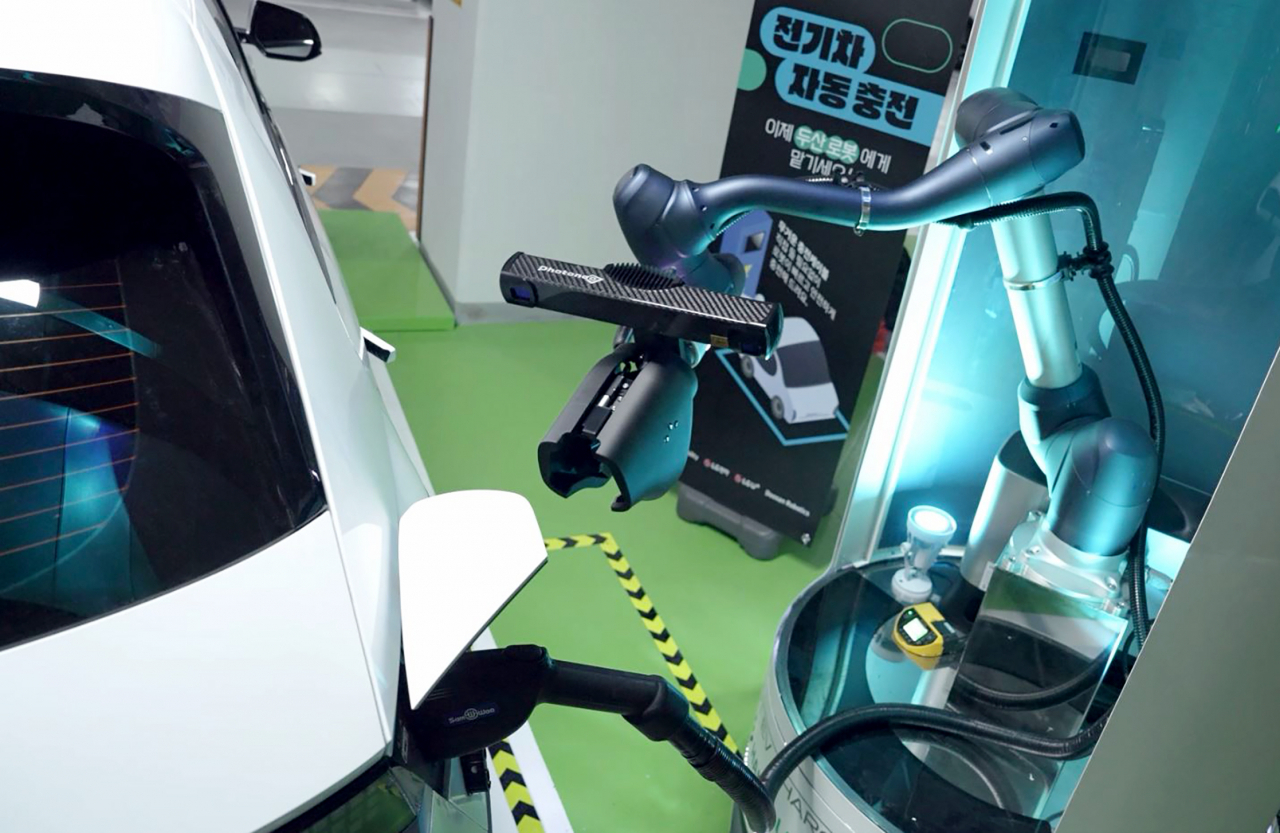Engineers at Purdue University are embarking on an ambitious project to enable wireless charging of electric trucks while they are in motion on US highways. If successful, this technology could revolutionize freight transport by significantly reducing the need for large batteries and increasing the efficiency of electric trucks.
While the concept of wireless charging for electric vehicles is not new, previous trials have primarily focused on slow routes. The Purdue project aims to adapt this technology for use on highways, where vehicles travel at much higher speeds, presenting a complex challenge.
“We’re developing a system capable of charging semi-trucks as they travel down the road at 65 miles per hour,” explained John Haddock, a professor at the Lyles School of Civil Engineering at Purdue.
The wireless charging system being developed by the Purdue researchers will operate at a higher power level than has been previously demonstrated in the USA. This adaptation to the higher energy requirements of heavy goods vehicles will also make the system suitable for other vehicle classes, including passenger cars.
The potential impact of this technology is significant. Electrifying motorways for heavy trucks could make electric trucks more attractive and help reduce greenhouse gas emissions. Heavy-duty vehicles are among the largest sources of greenhouse gas emissions in the US transport sector, and they require much more fuel than cars to transport goods.
“If electric trucks could be charged while driving on motorways or at least maintain a stable charge, they would require smaller batteries than is currently the case and could transport more cargo,” noted Nadia Gkritza, professor of civil engineering and agricultural and biotechnology at Purdue University.
The project has received the green light from the Indiana Department of Transportation (INDOT) to begin construction of a test track. A quarter-mile stretch of US Highways 231 and 52 in West Lafayette will be equipped with transmitter coils installed in dedicated lanes under the concrete pavement. Receiver coils attached to the underside of a heavy-duty electric truck from Cummins will receive power from these transmitters, allowing the engineers to test the technology under real conditions.
Indiana Governor Eric Holcomb announced the project at a United Nations environmental conference in 2022, stating, “Thanks once again to some engineers and pioneers from Purdue, we’re developing the world’s first highway test bed for wireless charging.”

